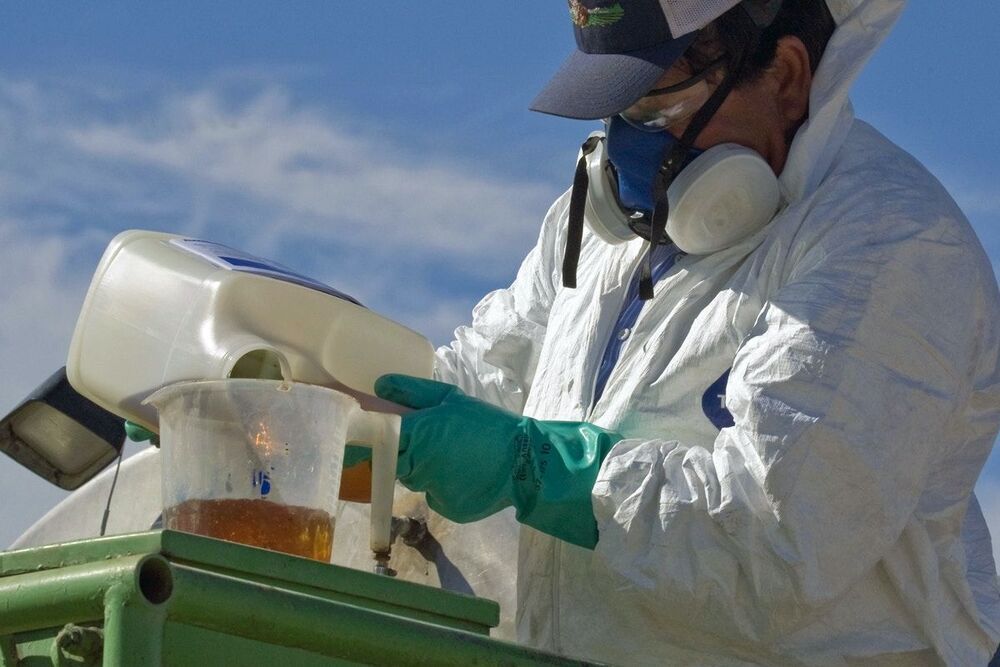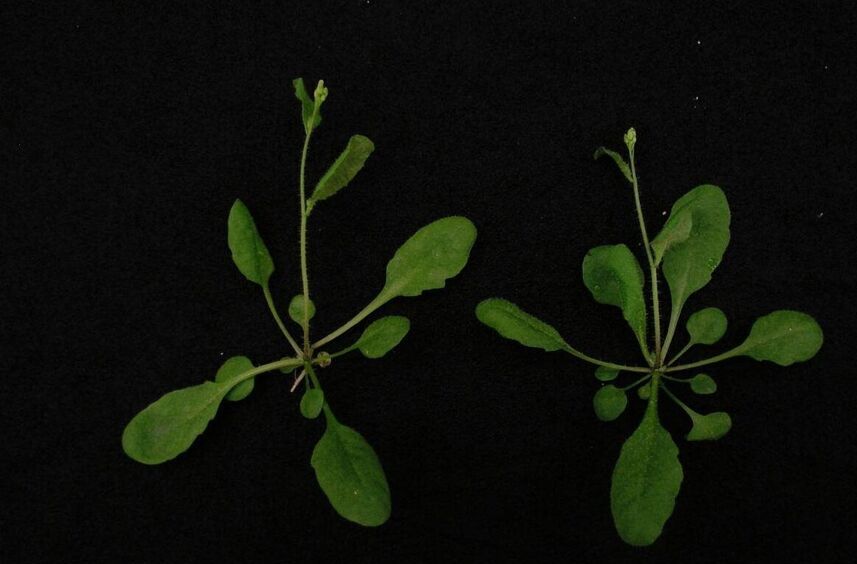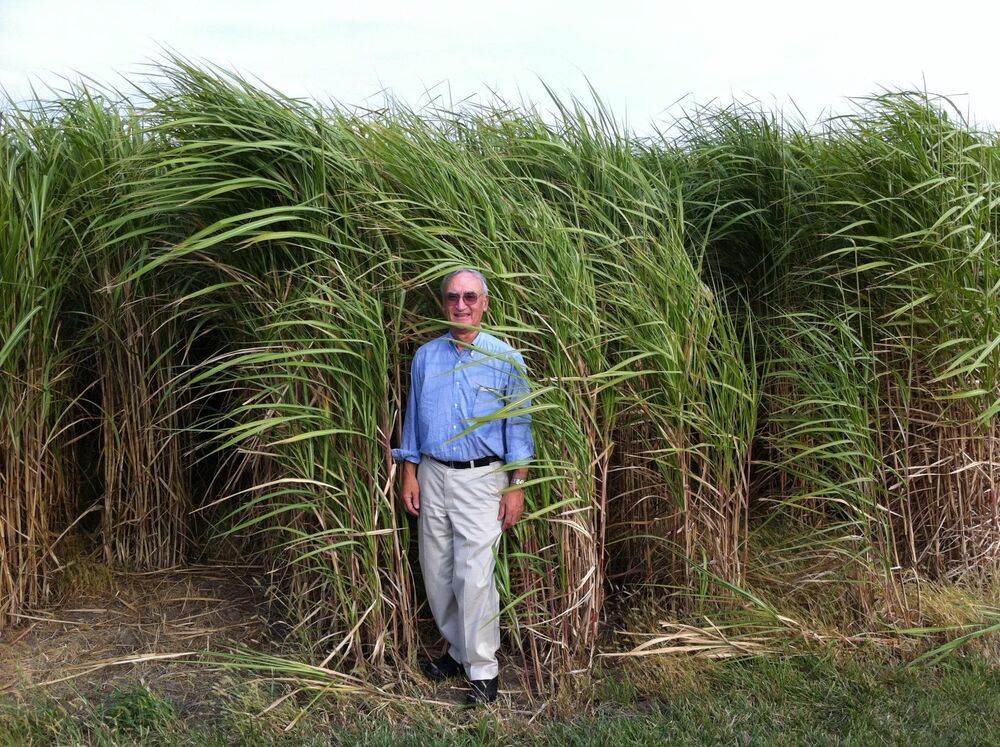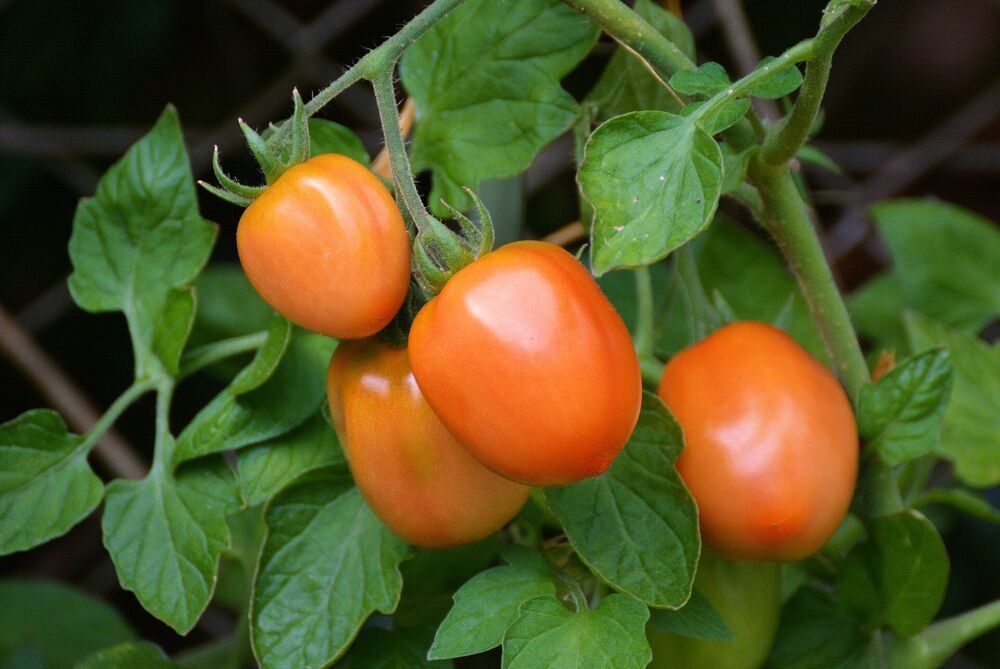Archive for the ‘food’ category: Page 143
Jul 3, 2021
The Technological Revolution (The 4th Industrial Revolution Explained)
Posted by Ankur Bargotra in categories: 3D printing, augmented reality, biological, bitcoin, food, information science, robotics/AI, space, sustainability

This video was made possible by NordPass. Sign up with this link and get 70% off your premium subscription + 1 monrth for free! https://nordpass.com/futurology.
Visit Our Parent Company EarthOne For Sustainable Living Made Simple ➤
https://earthone.io/
Continue reading “The Technological Revolution (The 4th Industrial Revolution Explained)” »
Jul 1, 2021
How Pesticide Companies Corrupted the EPA and Poisoned America
Posted by Jason Blain in categories: biotech/medical, chemistry, food, health, law
“I realized that in the middle-dose group, which is the one that mattered for the no-effects level, they had conveniently left out one of the two baseline measurement days,” said Sheppard. “The outrageous thing was that the group they declared as NOEL was only that because they left out data from their analysis.” In a peer-reviewed paper published in October 2020, Sheppard and her colleagues concluded that “the omission of valid data without justification was a form of data falsification.”
In any case, bifenthrin was not the only pesticide that dodged testing to see if it presented dangers. The EPA’s pesticide office granted 972 industry requests to waive toxicity tests between December 2011 and May 2018, 89 percent of all requests made. Among the tests on pesticides that were never performed were 90 percent of tests looking for developmental neurotoxicity, 92 percent of chronic cancer studies, and 97 percent of studies looking at how pesticides harm the immune system.
By law, the companies that submit their products for review pay for these tests, and in a presentation about the waivers last year, Anna Lowit, a senior science adviser in the office, emphasized the savings to these companies: more than $300 million. Lowit also noted that animal lives were saved — a goal that the Trump administration and the chemical industry prioritized within the agency. The EPA developed the guidelines for waiving the tests along with BASF, Corteva, and Syngenta, pesticide manufacturers that all stand to benefit significantly from having their products bypass toxicity testing.
Continue reading “How Pesticide Companies Corrupted the EPA and Poisoned America” »
Jun 29, 2021
Happy birthday, Mr. Technoking: Stories that made Elon Musk’s 50th year
Posted by Atanas Atanasov in categories: Elon Musk, food, sustainability
Jun 28, 2021
See the Highest-Resolution Atomic Image Ever Captured
Posted by Quinn Sena in categories: biotech/medical, food, genetics
Scientists develop the first CRISPR-Cas9-based gene drive in plants which may breed crops better able to withstand drought and disease.
Scientists achieved a record level of visual detail with an imaging technique that could help develop future electronics and better batteries.
Jun 28, 2021
A Never-Before-Seen Type of Signal Has Been Detected in The Human Brain
Posted by Jason Blain in categories: biotech/medical, food, genetics, neuroscience
Scientists develop the first CRISPR-Cas9-based gene drive in plants which may breed crops better able to withstand drought and disease.
Scientists have discovered a unique form of cell messaging occurring in the human brain that’s not been seen before. Excitingly, the discovery hints that our brains might be even more powerful units of computation than we realized.
Early last year, researchers from institutes in Germany and Greece reported a mechanism in the brain’s outer cortical cells that produces a novel ‘graded’ signal all on its own, one that could provide individual neurons with another way to carry out their logical functions.
Continue reading “A Never-Before-Seen Type of Signal Has Been Detected in The Human Brain” »
Jun 28, 2021
First CRISPR-Based Gene Drive Developed in Plants
Posted by Jason Blain in categories: biotech/medical, food, genetics
For the first time, CRISPR-Cas9-based gene drive technology has been developed in plants. Enabling the inheritance of both copies of a target gene from a single parent could greatly reduce the generations needed for plant breeding. Establishing this genome editing technology in plants may allow for breeding resilient crops that are better able to withstand drought and disease.
#GenomeEditing #AgBio #CRISPR #Cas9
Gene drives have been established in insects, including fruit flies and mosquitoes, and mammals such as mice. Now, for the first time, the CRISPR-Cas9-based technology that disrupts Mendelian inheritance and allows for selective acquisition of target genes has been developed in plants. Establishing this genome editing technology in plants may allow for breeding resilient crops that are better able to withstand drought and disease.
Continue reading “First CRISPR-Based Gene Drive Developed in Plants” »
Jun 28, 2021
Is Reality a Game of Quantum Mirrors?
Posted by Jose Ruben Rodriguez Fuentes in categories: food, habitats, quantum physics
Imagine you sit down and pick up your favourite book. You look at the image on the front cover, run your fingers across the smooth book sleeve, and smell that familiar book smell as you flick through the pages. To you, the book is made up of a range of sensory appearances.
But you also expect the book has its own independent existence behind those appearances. So when you put the book down on the coffee table and walk into the kitchen, or leave your house to go to work, you expect the book still looks, feels, and smells just as it did when you were holding it.
Expecting objects to have their own independent existence – independent of us, and any other objects – is actually a deep-seated assumption we make about the world. This assumption has its origin in the scientific revolution of the 17th century, and is part of what we call the mechanistic worldview. According to this view, the world is like a giant clockwork machine whose parts are governed by set laws of motion.
Jun 26, 2021
Genetically Modified Yeast To Efficiently Make Biofuels From Discarded Plant Matter
Posted by Quinn Sena in categories: chemistry, food, genetics, sustainability
The new system streamlines the process of fermenting plant sugar to fuel by helping yeast survive industrial toxins.
More corn is grown in the United States than any other crop, but we only use a small part of the plant for food and fuel production; once people have harvested the kernels, the inedible leaves, stalks and cobs are left over. If this plant matter, called corn stover, could be efficiently fermented into ethanol the way corn kernels are, stover could be a large-scale, renewable source of fuel.
“Stover is produced in huge amounts, on the scale of petroleum,” said Whitehead Institute Member and Massachusetts Institute of Technology (MIT) biology professor Gerald Fink. “But there are enormous technical challenges to using them cheaply to create biofuels and other important chemicals.”
Jun 24, 2021
Researcher introduces new CRISPR 3.0 system for highly efficient gene activation in plants
Posted by Jason Blain in categories: bioengineering, biotech/medical, food
In a study in Nature Plants, Yiping Qi, associate professor of Plant Science at the University of Maryland (UMD), introduces a new and improved CRISPR 3.0 system in plants, focusing on gene activation instead of traditional gene editing. This third generation CRISPR system focuses on multiplexed gene activation, meaning that it can boost the function of multiple genes simultaneously. According to the researchers, this system boasts four to six times the activation capacity of current state-of-the-art CRISPR technology, demonstrating high accuracy and efficiency in up to seven genes at once. While CRISPR is more often known for its gene editing capabilities that can knock out genes that are undesirable, activating genes to gain functionality is essential to creating better plants and crops for the future.
“While my lab has produced systems for simultaneous gene editing [multiplexed editing] before, editing is mostly about generating loss of function to improve the crop,” explains Qi. “But if you think about it, that strategy is finite, because there aren’t endless genes that you can turn off and actually still gain something valuable. Logically, it is a very limited way to engineer and breed better traits, whereas the plant may have already evolved to have different pathways, defense mechanisms, and traits that just need a boost. Through activation, you can really uplift pathways or enhance existing capacity, even achieve a novel function. Instead of shutting things down, you can take advantage of the functionality already there in the genome and enhance what you know is useful.”
In his new paper, Qi and his team validated the CRISPR 3.0 system in rice, tomatoes, and Arabidopsis (the most popular model plant species, commonly known as rockcress). The team showed that it is possible to simultaneously activate many kinds of genes, including faster flowering to speed up the breeding process. But this is just one of the many advantages of multiplexed activation, says Qi.

















